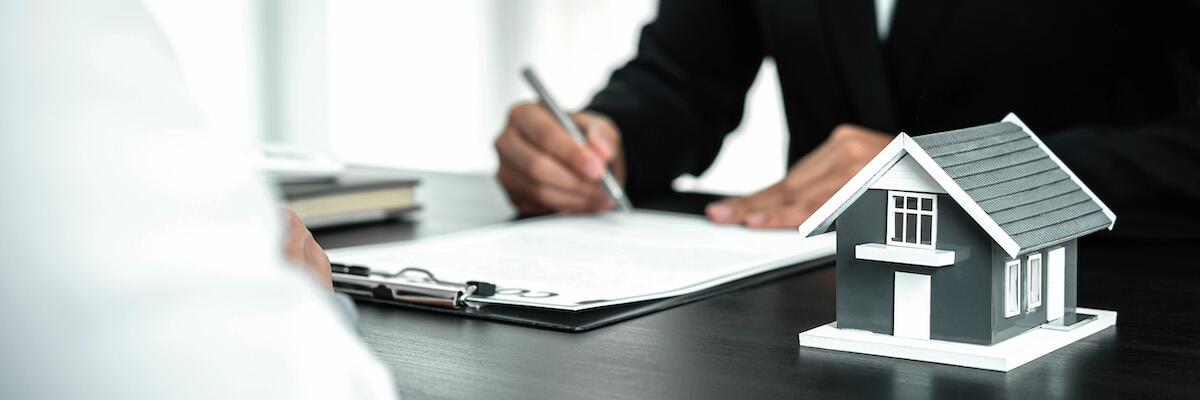Protect Yourself, Your Property and Your Wallet Before an Accident Happens

- Share via
When an accident happens, whether or not someone gets hurt, or whether or not you are to blame for the incident, the experience can be traumatic and stressful – and potentially very costly.
It’s a common myth to say “you can’t prepare for an accident,” but actually, with the correct personal insurance policies in place, anyone can. Making sure your policy is current and appropriate for the specific needs of you and your family can make a significant difference between an inconvenience and a financial catastrophe. But optimizing your insurance scenario doesn’t mean you have to break the bank in order to protect yourself, either. Despite what you may have been told, spending the most money on your policy isn’t always the right fit.
Here are some suggestions on how to get the best value out of your personal insurance policies - before, during and after an accident happens.
1. Check your property damage coverage. With the currently high cost of new and used vehicles, make certain your property damage (PD) coverage is high enough to cover the cost to repair or replace someone else’s property you may have damaged as a result of an auto accident where you are at fault.
2. Make sure your UMBI coverage is on point. Your Uninsured Motorist Bodily Injury (UMBI) coverage should be at least equal to the liability limits on your auto policy. Regardless of your situation, you want to make sure you are effectively covering yourself and others in your own vehicle to the same level you are covering the other party when involved in an auto accident.
3. MedPay coverage may not be necessary. If you have health insurance, there may be no reason to purchase Medical Payment (MedPay) coverage as part of your auto insurance policy. Many times this coverage may be duplicated, redundant and a waste of money. However, it should be noted that if you often carry passengers who do not have medical coverage, MedPay coverage may make sense for you to obtain.
4. Consider an umbrella for a rainy day. One of the best and most prudent things you can do to prepare in advance for an incident is to explore purchasing a true umbrella policy that will cover your vehicle, home and more. Doing so may save you money as well because you won’t need to purchase multiple other forms of coverage. Insurance companies place a minimum liability limit you must have in order to obtain an umbrella policy. These limits are called “underlying limits.” Once you have these limits in place, the umbrella policy will kick in and give you not only more coverage but also may protect you against other losses beyond your home or auto policy.
5. “Schedule” your property. All homeowner policies have a limit and or cap (called sub-limits) on valuable personal property items in your home (jewelry, furs, art, guns, etc.). If you own property exceeding those sub-limits, it may be worth considering “scheduling” (listing items separately on your homeowner policy) those items to cover their true value in case of a loss.
6. The least expensive option doesn’t always save you the most money. It’s typically not advisable to go with the lowest budget insurance carrier you can find. Most budget carriers will usually have greater limitations and exclusions when it comes to coverage. The small difference in price when going with a more comprehensive plan is well worth the peace of mind you will have knowing that you and your property will be covered when claims arise.
7. Mobilize access to your policy. It’s a great idea to find an insurance carrier that offers online services and/or 24/7 availability. It can be stressful and scary to be involved in an auto accident. Having immediate access to your carrier online or by phone can be helpful and comforting in the moment.
8. Know your policy. Consumers are responsible for reading and understanding their policy contracts, yet very few people actually explore the details of their policies until they are in an accident or have a claim. Agents typically don’t explain all the exclusions and limitations within an insurance policy. The limits of your liability are clearly stated on the Declaration page. However, the coverages, exclusions and other fine print are all in the policy contract. Read it!
9. Is your kid’s car a financial liability? Young drivers on a household policy are expensive, and the makes and models of your family members’ vehicles, factored with their age, can become unnecessarily exorbitant. Consider the cost of insurance for your young driver before you purchase that sports car or electric vehicle which may carry a steeper price than other kinds of cars.
10. Consider “coverage over price.” Last, but certainly not least, when shopping for a personal insurance policy, consider having the proper coverage for your specific needs and lifestyle over the price. Once you know what you really need, you can achieve the best value.
At the end of the day, having the right policy for yourself and your family can be an affordable and effective safety net in advance of an accident or claim. Ron Reza has over 30 years of experience in a unique blend of insurance industry fields, having served as a liability claim adjuster and as a criminal investigator for the California Department of Insurance, Fraud Division. He has also trained local and state law enforcement agencies to identify insurance and claim fraud. Today, Reza serves as a private insurance consultant. He can be contacted at (562) 977-0271 or via ron@ronreza.com.